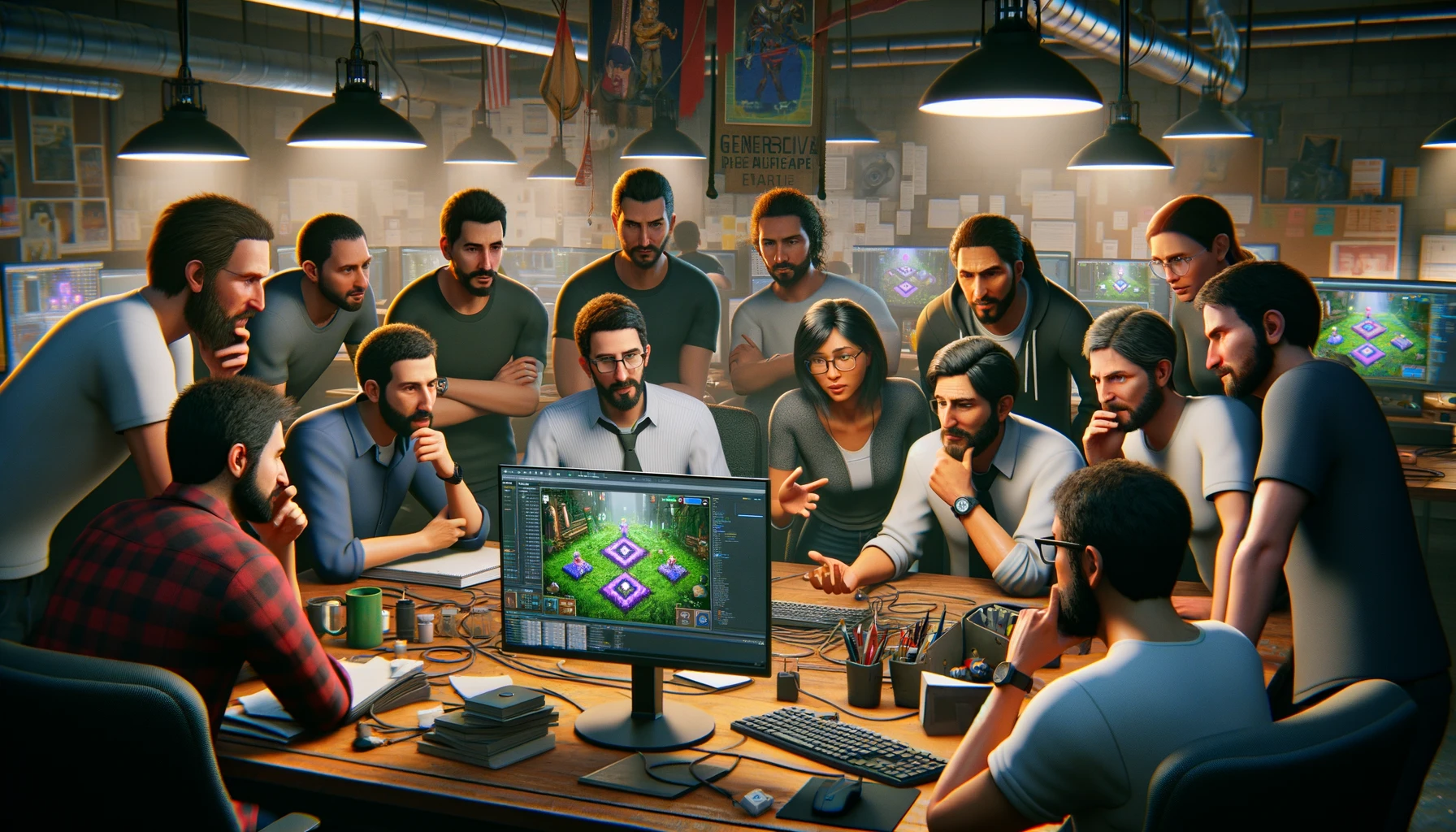
The world of game development is facing a seismic shift as generative AI tools become increasingly sophisticated. While some see the potential for rapid prototyping and streamlined workflows, others fear an existential threat to their livelihoods. News that an experimental AI crafted a rudimentary dungeon crawler in mere minutes has sent shockwaves through the industry.
“It’s both terrifying and exhilarating,” admits Sarah Bell, a veteran game designer with over a decade of experience. “On the one hand, the speed at which these AIs can generate basic assets and mechanics is mind-blowing. But what does it mean for the human creative touch?”
At the heart of the debate is the issue of control. Generative AI can churn out endless variations of characters, environments, and even narrative snippets. However, the results are often unpredictable and inconsistent. One moment, the AI might produce a surprisingly poignant quest line, and the next, it descends into nonsensical gibberish about a sentient turnip with an existential crisis.
“It’s not just about jobs,” argues indie developer Mark Desai. “It’s about the soul of game development. True creativity lies in crafting cohesive experiences that resonate with players. Can an AI truly understand the nuances of storytelling, of designing mechanics that are both challenging and rewarding?”
Yet, proponents of generative AI see it as a powerful supplement to human creativity. “Think of it like a supercharged brainstorming session,” suggests AI researcher Dr. Evelyn Wu. “The AI generates raw material, and the developers shape it into something meaningful. It could be a beautiful collaborative dance between human and machine.”
The economic implications are undeniable. Generative AI has the potential to streamline certain development processes, allowing smaller studios to compete with larger, more established teams. However, concerns remain about the potential devaluation of human artistic labor.
The ethical considerations are equally murky. If an AI generates the bulk of a game’s content, who deserves the credit – the programmer who designed the AI or the human team who refined its output? These questions will undoubtedly be at the forefront of heated debates in the coming years.
As generative AI continues to evolve, one thing’s for sure: the world of game development will never be the same. Whether this heralds a new era of creative abundance or the erosion of the human element remains to be seen.

